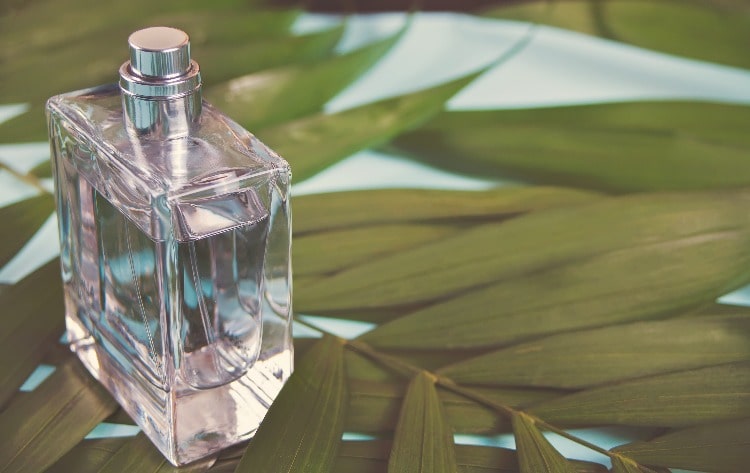Vegan Perfume Analysis
Vegan Perfume Certificate

Most of the perfumes, which are indispensable in our daily life, contain various animal originated substances. This situation leaves most of the perfumes on the market outside of the vegan understanding.
Substances that have been used in perfumes for many years and obtained from animals;
Ambergris is produced in the digestive system of sperm whales.
Castoreum is a secretion produced by beavers. In the wild, it is secreted mixed with urine to mark its territory. Castoreum is obtained from the anal gland.
Civet is an outbreak produced by a cat species living in Asia and Africa.
Hyraceum is a mixture of solidified urine and feces produced by Cape Hyrax. This ingredient is also called the African Stone because of its consistency. It is also a sought-after ingredient used in both traditional South African medicine and perfumery.
Kasturi is a secretion produced by the male Moschidae deer. The casturi is derived from a gland located between the back and rectum.
Musk is a commonly listed ingredient that can come from a variety of animals. Besides beaver, musk cat and Moschidea deer, musk can also be obtained from muskrat, ducks, turtles, crocodiles, crocodiles and snakes. In these animals, musk is extracted from an anal gland or glands located in the mouth.
Lanolin is an oil derived from sheep wool.
The products that we have mentioned above and contain different animal origin substances cannot be considered vegan. Apart from this, another important issue is that vegan perfumes should not be tested on animals.
On perfumes; Many tests such as "acute oral toxicity, acute dermal toxicity, acute dermal irritation and acute eye irritation, skin sensitivity" are performed. Performing these tests on animals is against the principles of "Cruelty Free" and vegan understanding.
CLICK HERE TO GET A PRICE OFFER.

